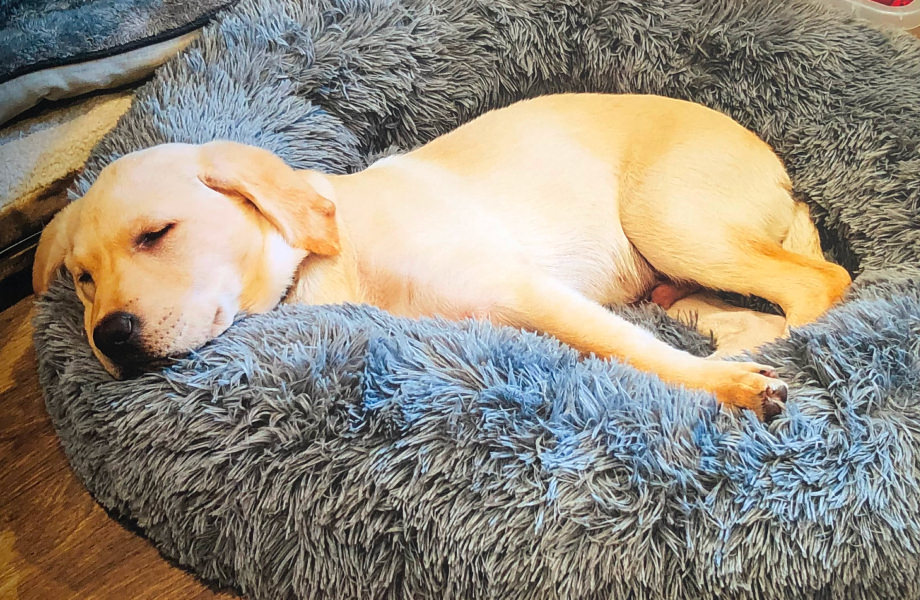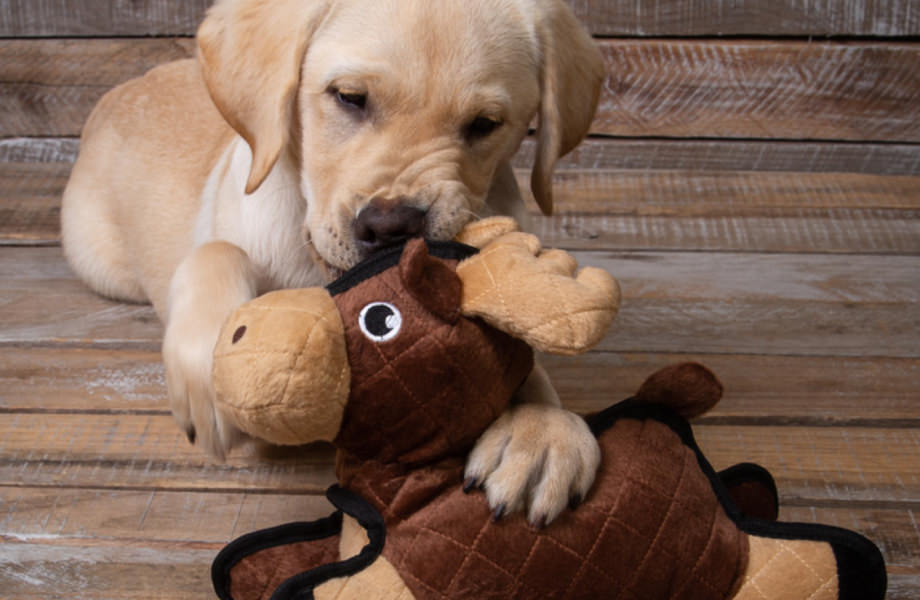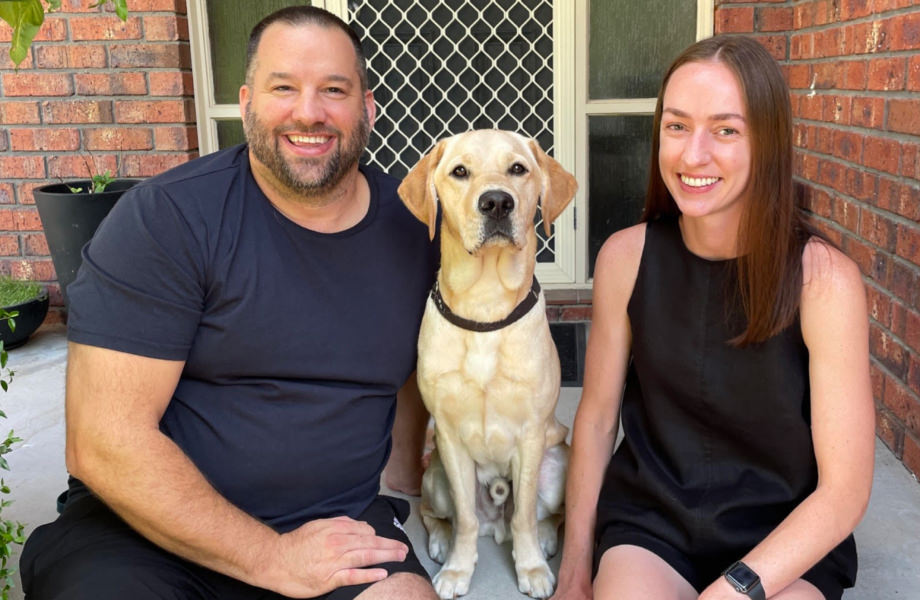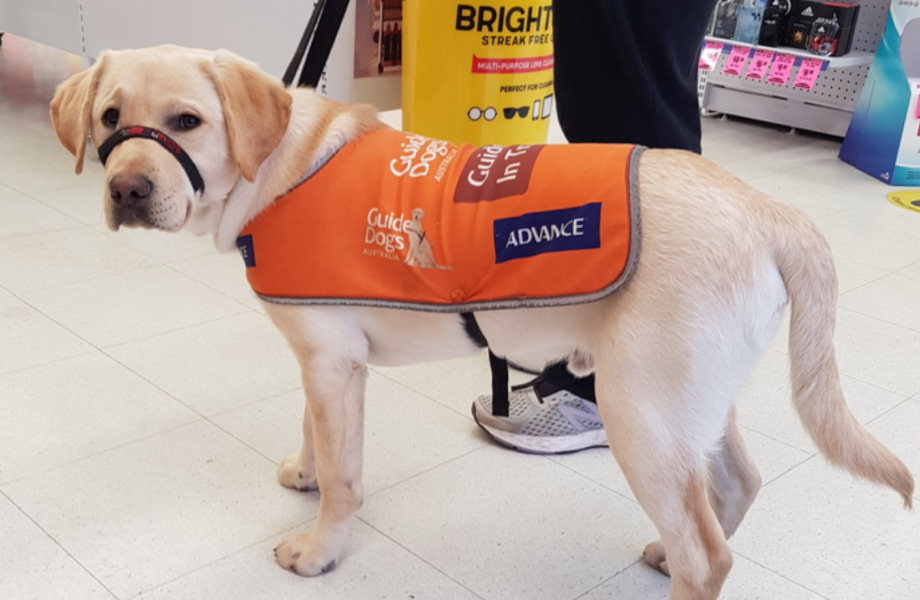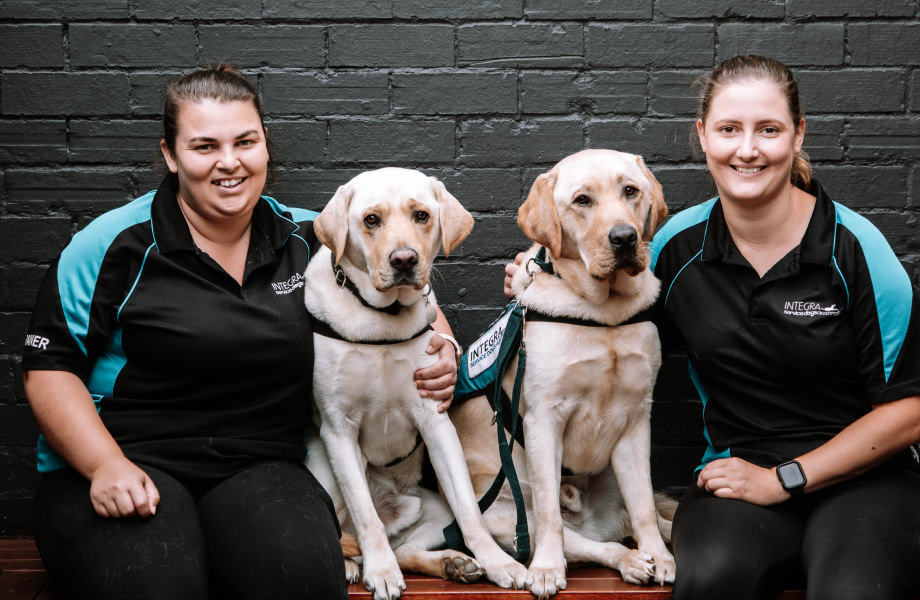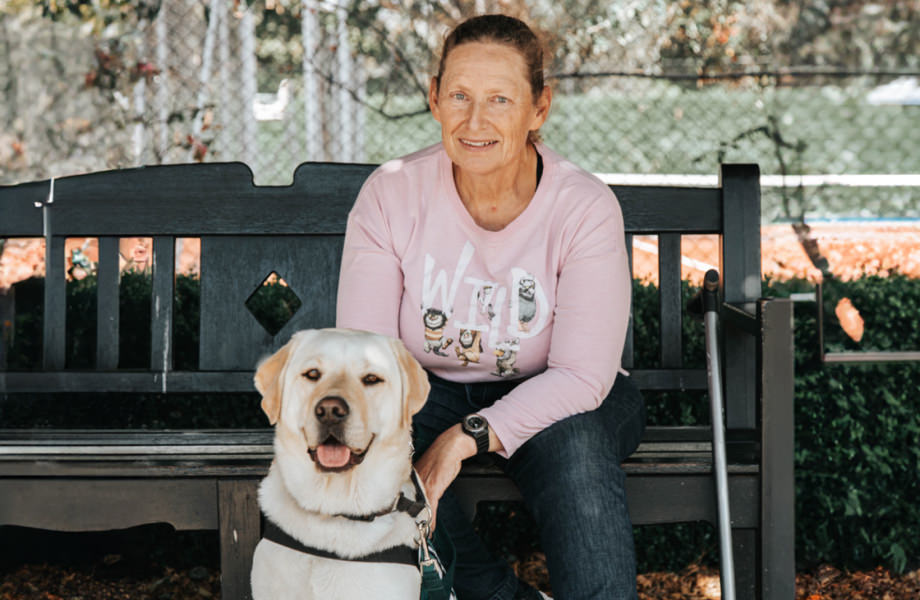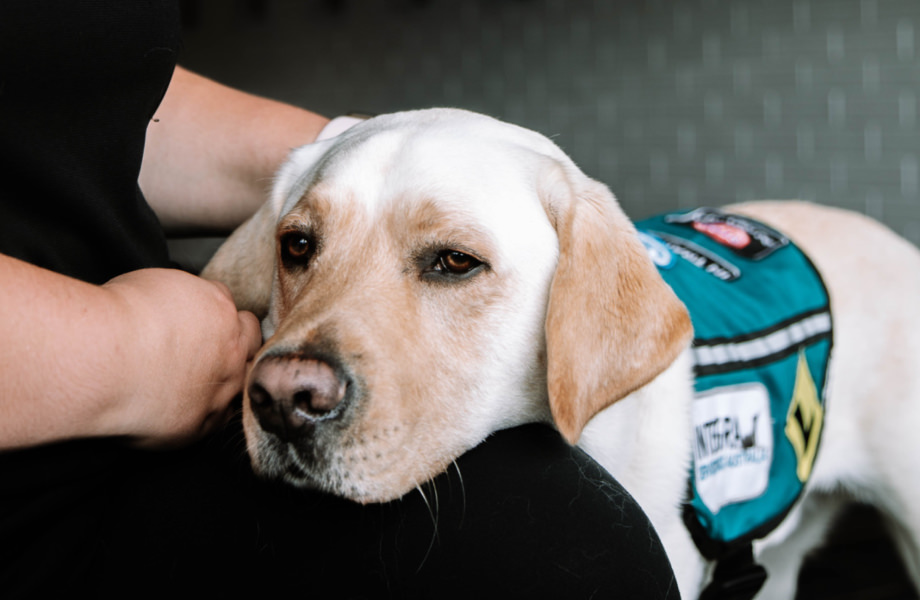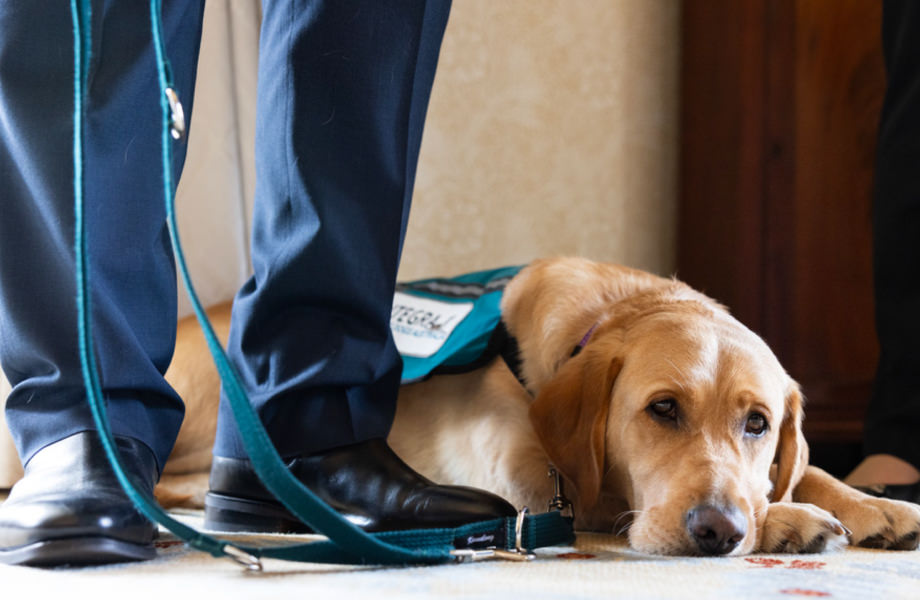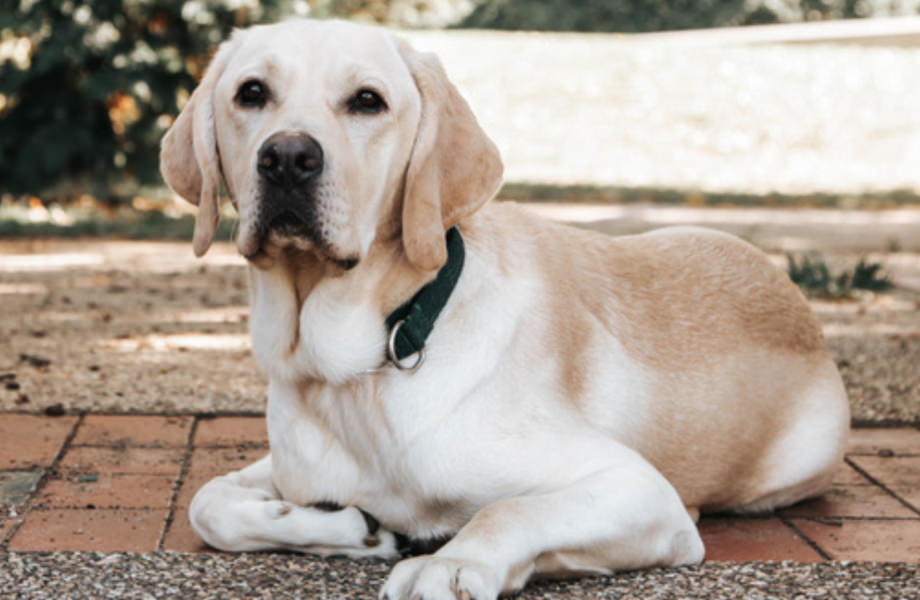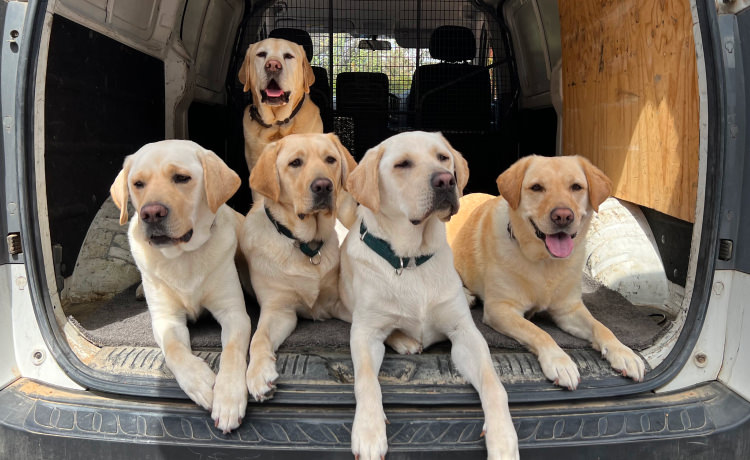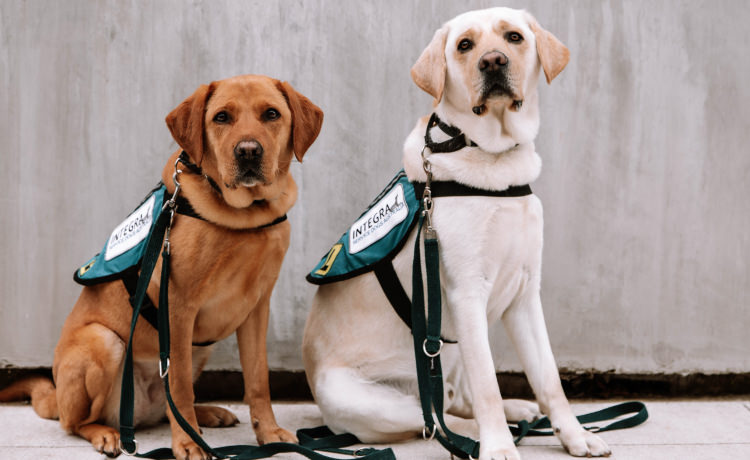Our dogs undergo a rigorous selection process to ensure they exhibit exceptional intelligence, trainability, and temperament. This careful selection and training produce highly skilled companions capable of providing life-saving support.
These Labrador Service Dogs are chosen in collaboration with esteemed organisations like Guide Dogs Victoria, Seeing Eye Dogs Vision Australia, and private registered breeders.
